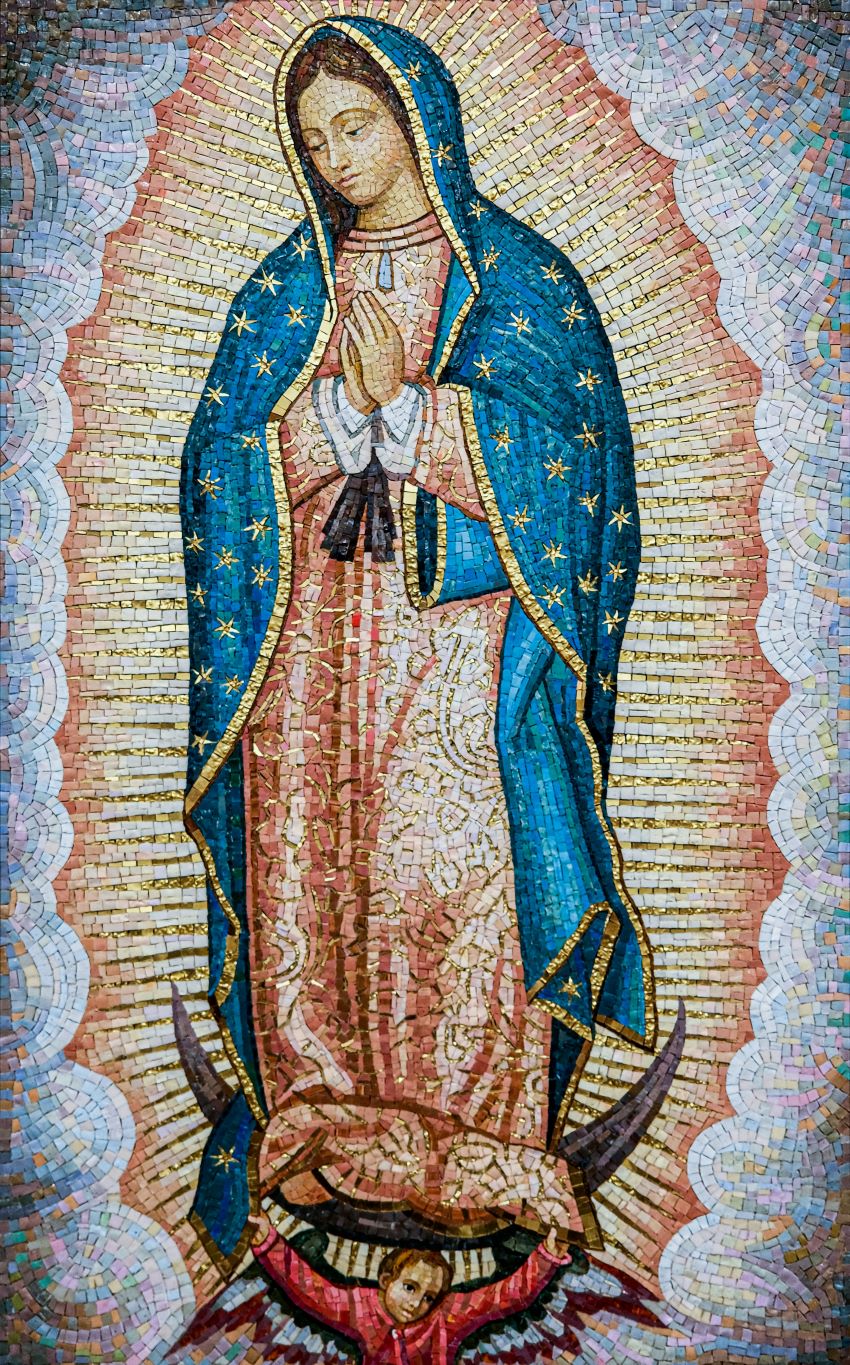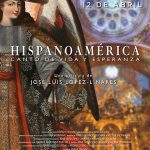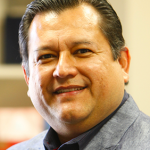I heard that the Vatican has issued new norms for judging the authenticity of alleged supernatural events. I hope the norms will help us judge whether a private revelation, a Eucharistic miracle, etc, is authentic. Can you tell me something about the norms?
The new norms, from the Dicastery for the Doctrine of the Faith and titled “Norms for Proceeding in the Discernment of Alleged Supernatural Phenomena,” were given with the approval of Pope Francis. They came into effect on Pentecost Sunday, 19 May 2004, and replace the ones given in 1978 during the pontificate of Pope St Paul VI.
The new norms state that the study and discernment of alleged supernatural phenomena remains the task of the diocesan bishop. But before he issues a declaration regarding the possible supernatural origin of the phenomenon, he must have the approval of the Dicastery for the Doctrine of the Faith. Moreover, whereas under the previous norms, when the bishop received the advice or approval of the Dicastery, he was not to mention this fact in his declaration, now the bishop’s declaration will state that it is given “in agreement with the Dicastery for the Doctrine of the Faith.” This will help to reassure the lay faithful and put them more at ease.
The norms refer to any phenomena that seem to exceed the bounds of ordinary experience and therefore appear to have a supernatural origin. These include alleged apparitions, visions, interior or exterior locutions, writings or messages, and phenomena related to religious images and the Eucharistic species. The norms will help the faithful know the authenticity of such phenomena as Eucharistic miracles, private revelations and messages, visions, ecstasies, the writings of mystics, etc. This is important, since often there is much uncertainty about these matters.

The document makes clear, at the same time that, in processes of beatification and canonisation, the decree of sanctity does not imply a declaration of the authenticity of any supernatural phenomena in the person’s life. It mentions in particular the decree of canonisation of St Gemma Galgani, where Pope Pius XI specifically stated that the decree made no judgment regarding any of the saint’s praeternatural charisms. This was also done as regards the writings of Blessed Anne Catherine Emmerich, who was beatified by Pope St John Paul II in 2004. It is standard procedure.
Also whereas under the previous norms, the bishop was to issue a declaration that the phenomenon either was or was not supernatural, the new norms state that the authorities of the Church will never make a positive declaration that a phenomenon was supernatural. At most they will grant a Nihil obstat, a declaration that there is nothing contrary to faith or morals that would stand in the way of accepting it as supernatural. Naturally, the Holy Father himself can still intervene in exceptional cases and declare that an event was of supernatural origin. At the same time, it should always be remembered that the faithful are not required to believe in any phenomenon or message, even when the bishop has stated that there is nothing that stands in the way of accepting it as supernatural.
According to the document, there are six different qualifications that can be given to the phenomenon. They range from Nihil obstat, the one giving the most likelihood of a supernatural origin, to Declaratio de non supernaturalitate, a declaration that the origin is not supernatural.
There are three stages in the discernment process. First, the diocesan bishop is to investigate the phenomenon thoroughly, with the help of a commission of experts who gather and study the materials, interview witnesses, etc. At the end of this stage the bishop prepares a personal votum, in which he proposes to the dicastery a judgment on the matter. He then sends this judgment and all the documentation to the dicastery, which studies it and, if necessary, asks for more information. The dicastery then informs the bishop that it either agrees with the bishop’s judgment or proposes revisions to it. Finally, the bishop makes public his declaration, “in agreement with the Dicastery.”
The post Fr Flader: New norms on alleged supernatural events appeared first on The Catholic Weekly.



